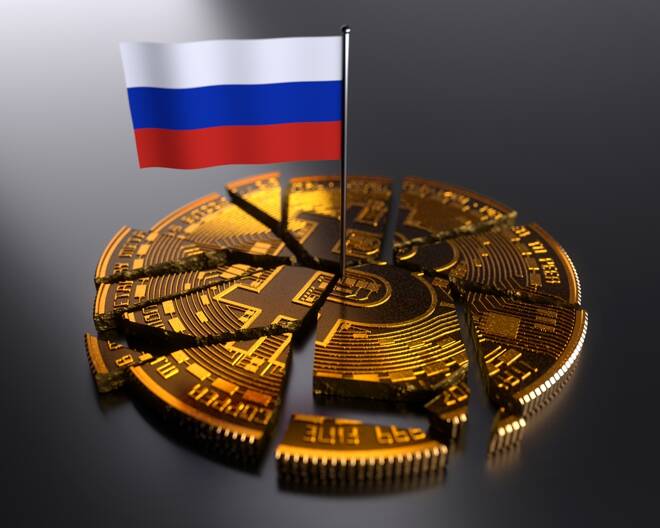Advertisement
Advertisement
Draft Russian Crypto Rules May Require Investors to Pass Exams First
By:
Russia’s recent crypto crackdown has shaken markets and investors and there could be a new twist to the proposed draft regulations.
New crypto legislation may require Russian investors to take and pass a test before being allowed to trade up to certain amounts. The draft law may introduce special exams for “non-qualified investors” who want to buy crypto assets with a total annual value exceeding 600,000 Rubles (around $7,700).
Russian Security and Anti-Corruption Committee Deputy Chair, Andrey Lugovoy, confirmed that the new legislation would tighten up regulations on the asset class according to reports. Lugovoy commented that a complete ban on crypto would be “unconstructive” as it risks the establishment of a black market.
The new legislation also wants to curb individuals taking advantage of cheap energy by making a little profit mining crypto at home or in their garages.
Work in Progress
The Russian crypto bill is still a work in progress and is expected to be put before parliament during the spring session following discussions with relevant ministries and the central bank.
A recently published consultation paper by the Bank of Russia proposed a wide-reaching ban on all crypto-related activities including investing, trading, mining, and issuing. However, this has been met with a lot of backlash from industry leaders and finance and IT executives in Moscow.
President Putin also backs the government’s efforts to regulate crypto and mining over the central bank’s mission to quash it completely. There are very few central banks around the world that actually approve of crypto as it threatens the absolute control of their respective nation’s sovereign currency.
Last week, the Bank of Russia’s head of financial stability, Elizaveta Danilova, said that Bitcoin (BTC) and cryptocurrencies had “no fundamental value” and looked like a “financial pyramid”.
Fitch Warns on Innovation Risks
Ratings agency Fitch published a research paper on Friday that warned of the risks to innovation from an outright ban as proposed by the Bank of Russia. The paper stated that any such prohibition “will limit the financial system’s exposure to risks associated with the emerging sector.
Fitch added that the motive behind the central bank’s proposed ban was similar to China’s in pushing its own central bank digital currency (CBDC). The firm concluded that a complete ban could have the opposite effect and that it will leave Russia behind its peers in terms of fintech innovation.
“If this slows the spread of crypto-driven innovations that, for example, improve the speed and security of payments or asset liquidity via tokenization, it could over time weaken this aspect of the Russian banking sector’s operational environment relative to peers”.
About the Author
Martin Youngauthor
Martin has been covering the latest developments in the blockchain and digital asset industry since 2017 when he made his first investment. He has previous trading experience and has worked extensively in IT over the past 2 decades.
Advertisement
